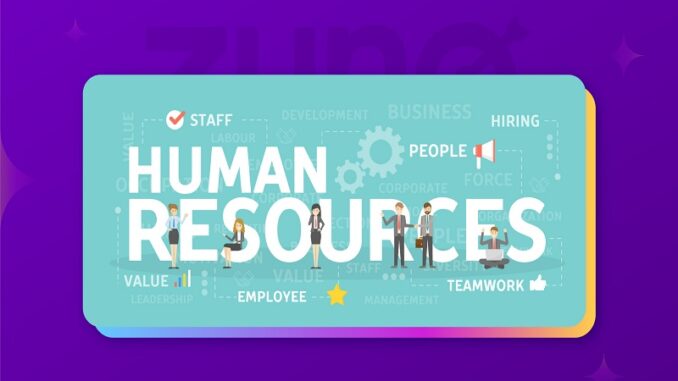
In Singapore’s dynamic and competitive business environment, human resource (HR) professionals are critical in managing and cultivating an organisation’s most precious asset – its employees. To flourish in this industry, HR professionals must have a wide range of abilities that allow them to manage many facets of human resource management efficiently. Here are ten necessary talents for HR professionals, especially in Singapore’s distinct business landscape.
Communication Skills
Effective communication is the foundation of HR services. To interact with employees, management, and external stakeholders, HR professionals must be able to communicate both verbally and in writing. This includes attentive listening, well-articulated regulations, and the capacity to communicate complex information in an intelligible manner. In a heterogeneous environment like Singapore, being culturally aware of communication is equally vital.
Organisational Skills
HR specialists must manage a variety of duties simultaneously, including recruitment and onboarding, performance management, and employee relations. They must have strong organisational abilities to prioritise these responsibilities, manage time effectively, and ensure that HR procedures function smoothly. This skill set also requires precise record-keeping and a systematic approach to HR paperwork.
Problem-Solving skills
HR specialists frequently handle complex employee concerns and disagreements. Practical problem-solving abilities are required to handle these issues promptly and equitably. This entails understanding the underlying causes of problems, assessing viable remedies, and adopting tactics that are consistent with organisational goals and employee well-being.
Interpersonal Skills
HR specialists must develop good relationships with both employees and management. By utilising interpersonal abilities such as empathy, patience, and trust-building, HR workers may create a healthy work environment. In Singapore, where the workforce is highly varied, the ability to relate to people from various cultural backgrounds strengthens these ties.
Knowledge of Employment Law
HR experts in Singapore must be familiar with the local employment rules and regulations. This involves comprehending the Employment Act, work permit regulations, and fair employment practice guidelines. Keeping up with legislation changes ensures that the company remains compliant and avoids legal ramifications.
Recruitment and Talent Management
Effective recruitment and personnel management are critical tasks for HR professionals. This includes identifying and choosing qualified personnel and guaranteeing their ongoing development and retention. HR practitioners must be able to use various recruitment strategies, conduct interviews, and implement talent development programs aligned with the organisation’s goals.
Strategic Thinking
HR professionals must link their strategy with the overall business objectives. Strategic thinking skills help HR professionals contribute to organisational progress by establishing and implementing HR policies and programs that align with the company’s long-term goals. This involves staff planning, succession planning, and finding areas for organisational improvement.
Technology Proficiency
Understanding HR software and systems is critical with the growing reliance on technology in HR tasks. This involves employing HR information systems (HRIS), applicant tracking systems (ATS), and other digital tools to automate HR procedures. In Singapore, where businesses increasingly adopt digital transformation, staying updated on technology breakthroughs is critical for HR professionals.
Emotional Intelligence
Emotional intelligence (EI) is the capacity to comprehend and control one’s own and others’ emotions. HR practitioners with high EI can manage the complexities of human interactions more effectively, resulting in better conflict resolution, more employee engagement, and a more pleasant work environment.
Change Management
In today’s fast-paced business climate, organisations routinely undergo changes such as mergers, acquisitions, and restructuring. To assist employees in successfully navigating these transformations, HR professionals must be proficient in change management. This includes developing and implementing change initiatives, effectively communicating with staff, and providing assistance throughout times of transition.
Conclusion
In Singapore, HR professionals have a varied and demanding function. A comprehensive combination of talents, from communication and organisational abilities to strategic thinking and technological capability, is required for success. By mastering these abilities, HR professionals can provide superior HR service, helping their organisations grow and succeed in Singapore’s diverse business.

Leave a Reply
You must be logged in to post a comment.